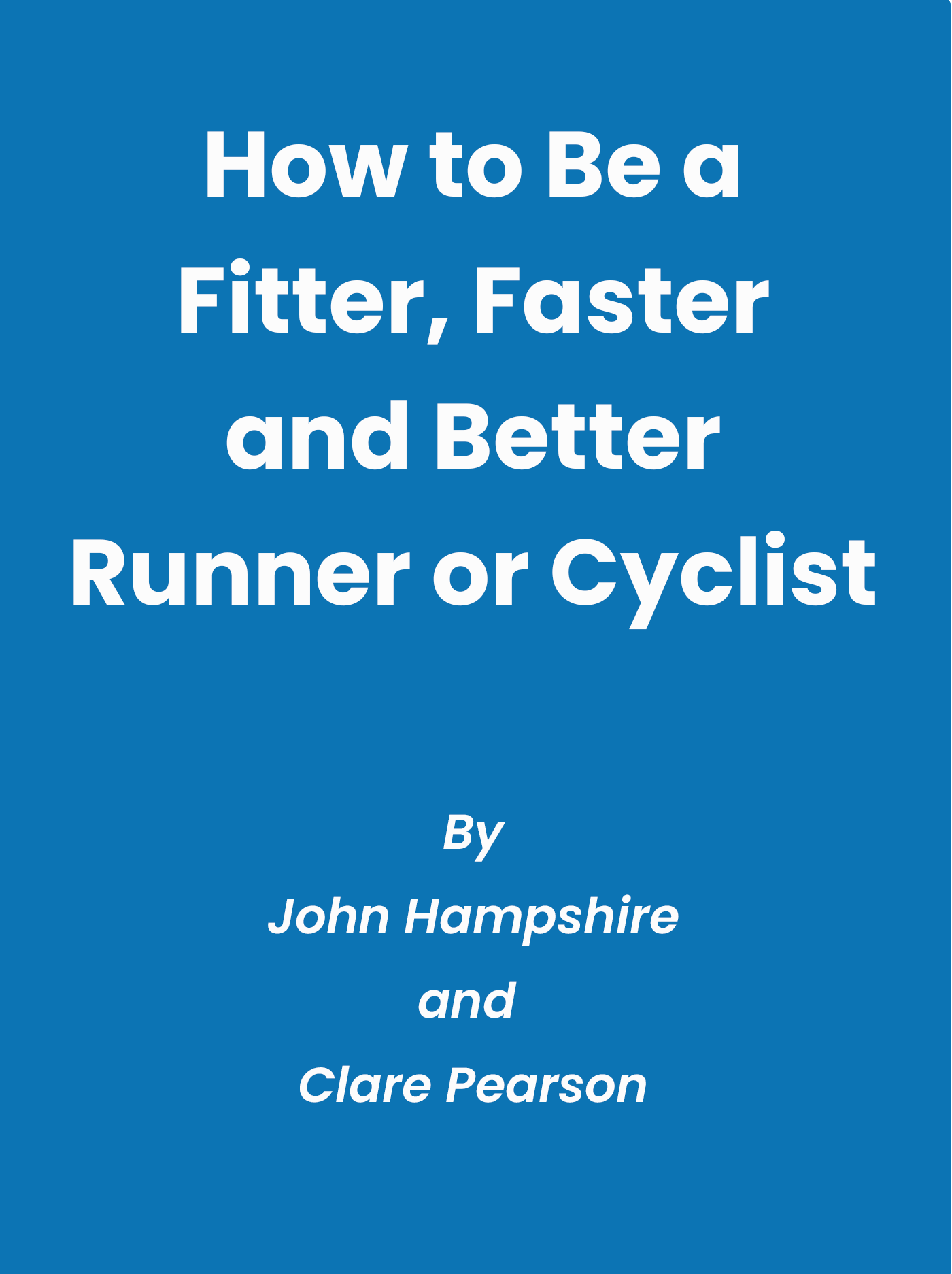Optimising Recovery in your Ultra Cycling Training.

Many endurance athletes really struggle to take things easy; the more experience I gain as a coach the more importance I seem to place on recovery. Knowing what to do to optimise recovery will help you be fitter, faster and stronger. Here are some tips:
Time out of the saddle
Taking time out of the saddle is important to give your body and mind the break it needs to adapt to training. It's very easy to develop a high training load routine and get a bit stuck in it, but taking the bus to work a couple of days a month might be a good way for you to get some recovery.
Learn to go easy when it's easy and hard when it's hard
Key workouts are hard; easy workouts are easy.
It can be counter-intuitive to us, but riding at a pace that is a lot slower than you can is good training. Easy rides should be just that, you should feel like you can easily complete them and even do the whole thing again at the end. If you do your easy rides easy enough then you will be able to gain far more from the hard rides.
John and I both see a lot of athletes falling into the 'den of mediocrity' where their easy rides are too hard and consequently they can't make their hard rides hard enough to achieve the planned stimulus.
There are other ways to relax and have fun
Most athletes love their sport, it may be their hobby and/or their job, their 'happy place,' their 'personal space' and their way to 'relax and have fun.'
It's important to have more than one outlet for this so that when you are off the bike you can optimise your recovery by relaxing and having fun in other ways. Finding a second hobby and/or other things that you enjoy is key to being motivated to take time off and to optimising that time off.
So don't use that extra rest day to catch up on your jobs, take some time out, have a sofa day, a netflix binge, read a good book, go shopping, spend time with your non-cycling friends and family, whatever helps you have fun and re-energise.
The importance of sleep
Sufficient good quality sleep supports cell repair, psychological wellness and an overall healthy lifestyle.
Making sure you get around 8 hours of good quality sleep per night will support the recovery process after training sessions. This might mean thinking about when you do your hard sessions as hard training can disturb sleep if late in the evening. It might also be ultimately better to skip that 5am run and get a good night's sleep instead!
The importance of good nutrition
Good nutrition before, during and after workouts will also support your fitness goals and enable you to recover better. Beyond energy food for your workouts you need to maintain good overall health with a balanced diet of protein, carbohydrates and vegetables/fruits. High quality fats (omega 3's) also promote muscle repair.
Inclusive in good nutrition is good hydration again both around and during your training.
Be Flexible
We have talked about planning easy days and weeks, but it's important to listen to your body and have the courage to take an extra easy/rest day or even start the rest week early if you feel overly tired and/or are not hitting expected training targets.
We can do our best to predict when we might need a rest, but it's not an exact science; being able to listen to what your body needs is a skill in itself.
It's not all about the numbers
It's very easy to over-focus on numbers: Chronic Training Load, Fitness Scores, VO2Max Scores, weekly mileage/hours/kilometres can all lure us in to bad habits if we focus on them too much. Doing 'just enough' is about creating enough stimulus and rest for your body to optimally adapt; that might not fit the numbers we expect. So have a plan but remember the plan is a suggestion of how to gain fitness that can be adapted as we get feedback from our bodies.
Subscribe to our blog
Please share with your friends
Other articles you might like
May 23, 2024

Comments